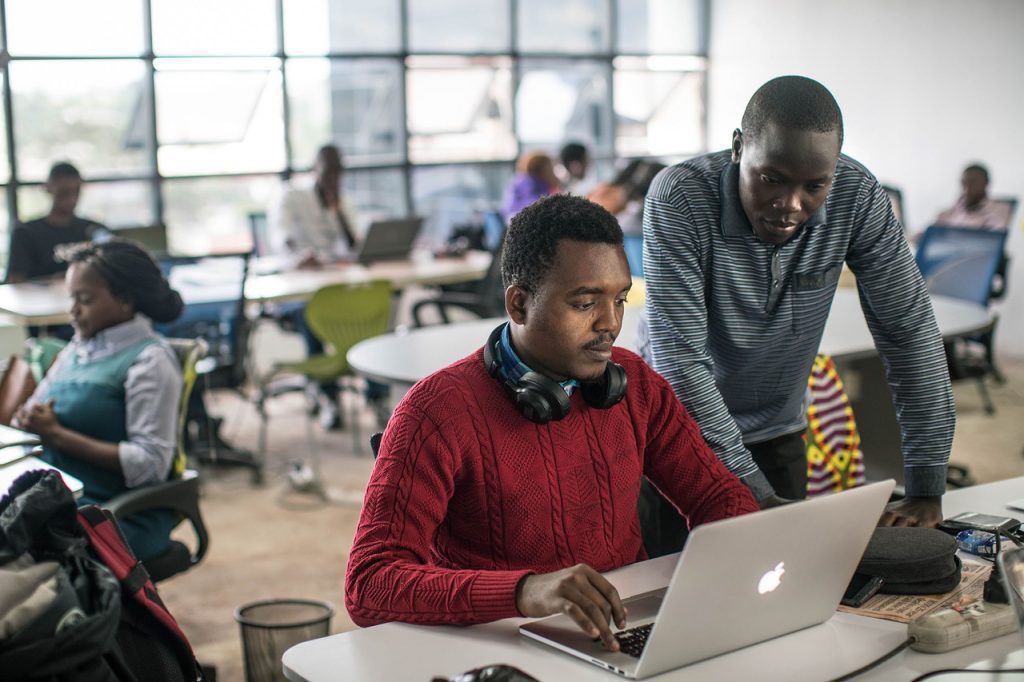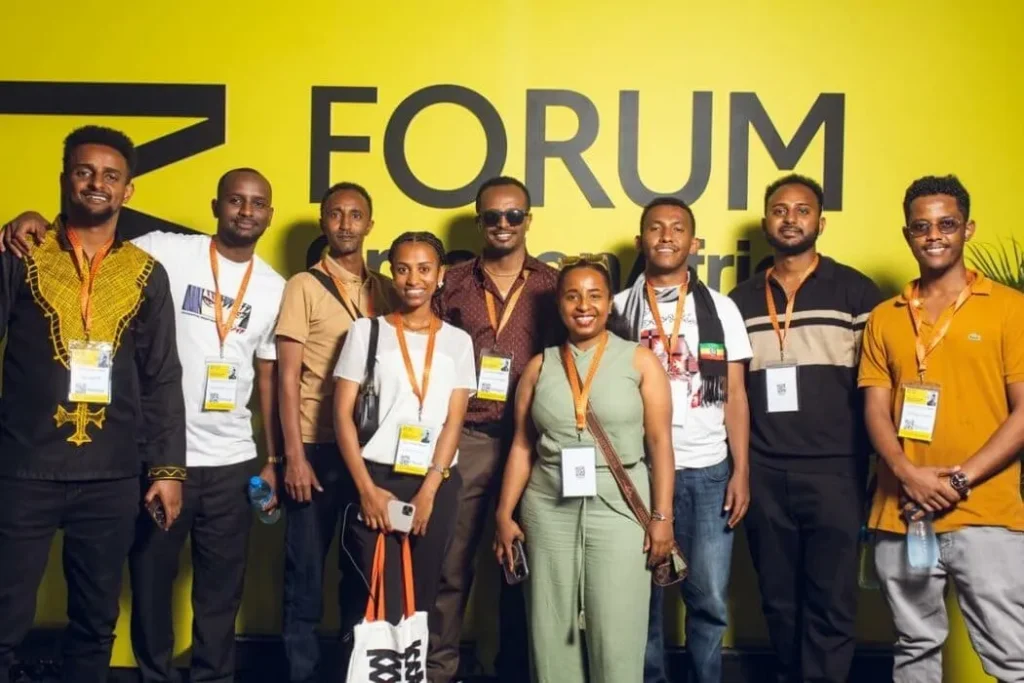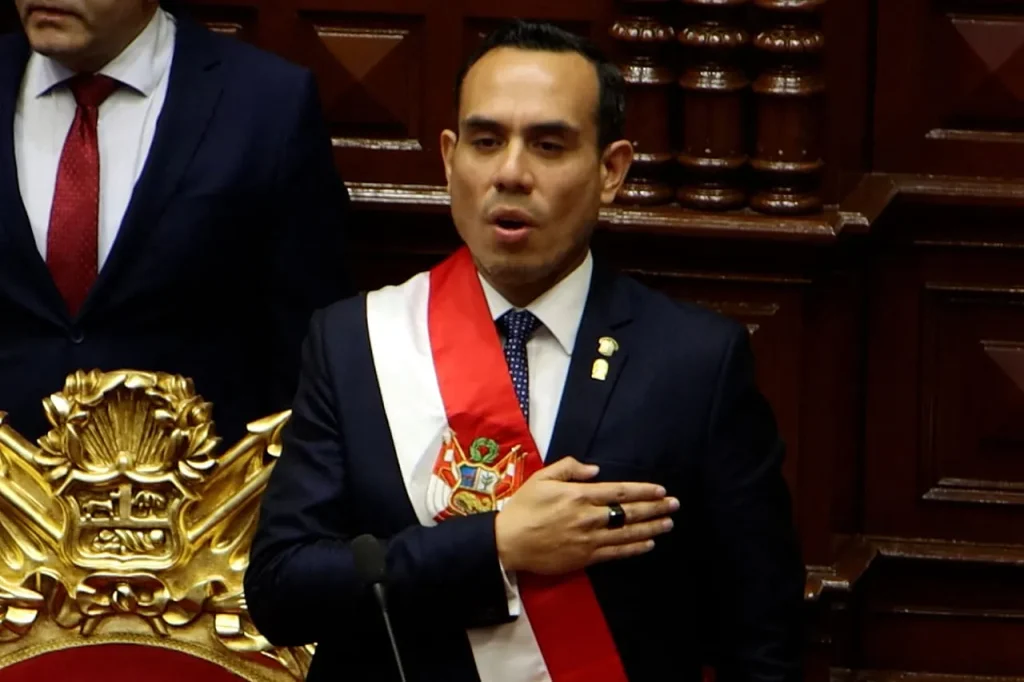Kenya-based Africa VR Campus and Center is on a mission to introduce remote communities to the possibilities of the metaverse.
The initiative was founded by a former teacher, Paul Simon Waiyaki Wa Hinga, who sought more engaging methods for educating his students. Now, a group of young people from Kiambu, located north of Nairobi, are experiencing virtual reality (VR) for the first time.
“The purpose behind this is to drive socioeconomic empowerment,” explains Waiyaki. “These communities also have stories to share in the metaverse, and they possess grassroots industries that can be integrated into this virtual space, which promotes economic empowerment and financial well-being.”
Recognizing the lack of VR knowledge in many Kenyan villages, Waiyaki began touring the country, conducting hands-on workshops. His organization claims to have started hosting weekly metaverse events in 2019, making it one of the pioneers in Africa.
At a three-day training session in a Kiambu village hall, many young participants are seeing VR technology for the first time. One student, Virginia, expressed her excitement: “This is my first time using a VR headset, and I’m amazed by the opportunities. I now look forward to the future, knowing I can earn a living through this, and I’ve seen how I can even travel to other countries while still in Africa. I can actually see space and the stars!”
After the initial experience, those interested are invited to join the team to learn more about VR and other technologies, potentially turning this knowledge into a livelihood. Margaret Wanjiru, who joined in 2021, shared how the program has boosted her confidence and allowed her to teach others, an achievement she takes great pride in.
“It has benefitted me immensely,” Wanjiru says. “We’ve even gone to universities to teach students how to use VR, and as someone who didn’t go to university, I feel special and important.”
VR expert Brian Afande, founder and CEO of Blackrhino VR, views Waiyaki’s project as a significant step toward spreading awareness of the technology. However, he believes the future lies in local innovation.
“Introducing the value of this technology to communities in the slums is an excellent start,” Afande says. “But it needs to be supported by additional strategies, including training individuals not just to consume content but to create it. It’s essential that these communities understand how transformative this technology can be.”
Despite challenges like limited infrastructure, skepticism, and poor internet access, which sometimes hinder sessions, the Africa VR Campus and Center continues its mission.
Kenya, often referred to as the “Silicon Savannah,” remains a leading tech hub in Africa.























